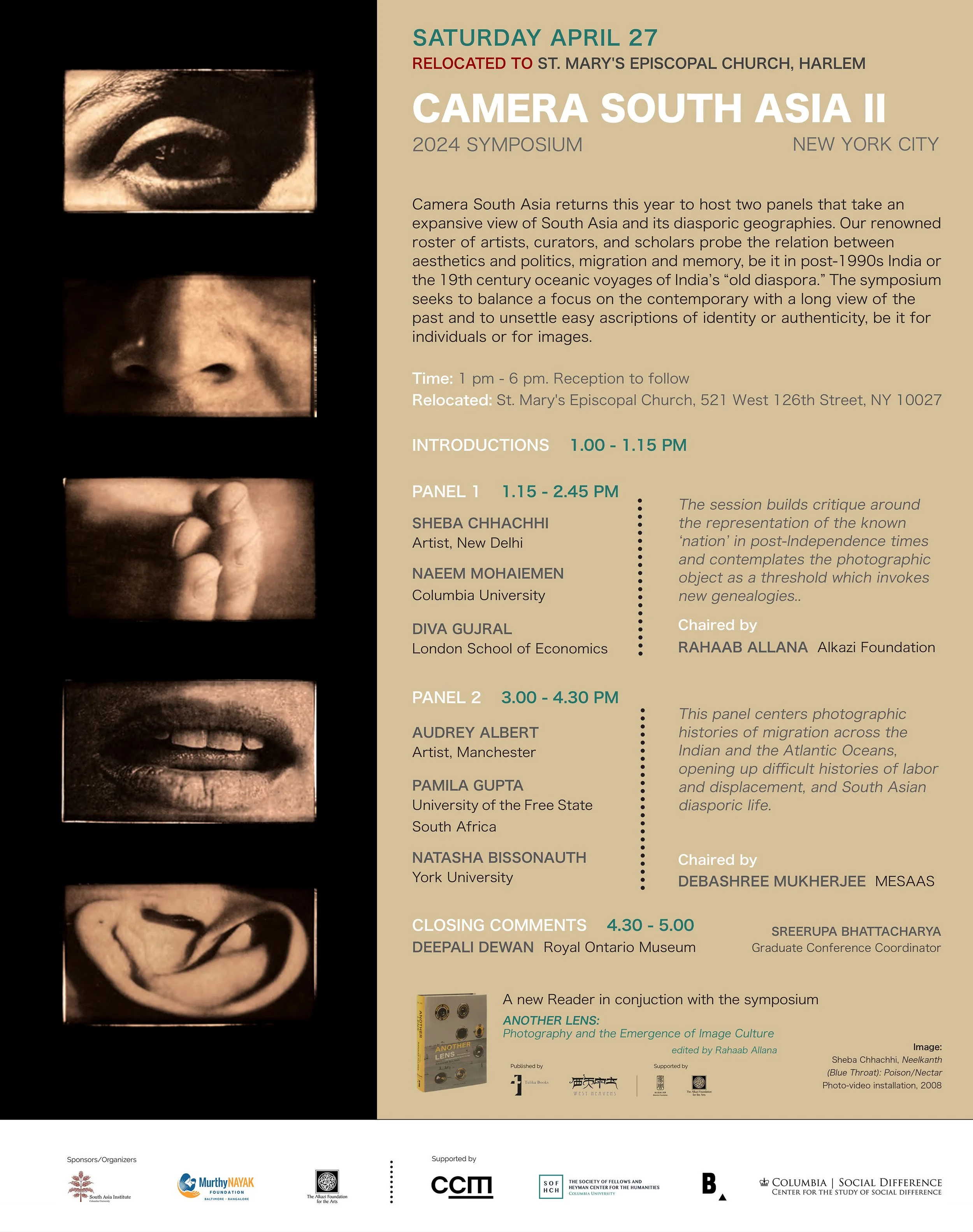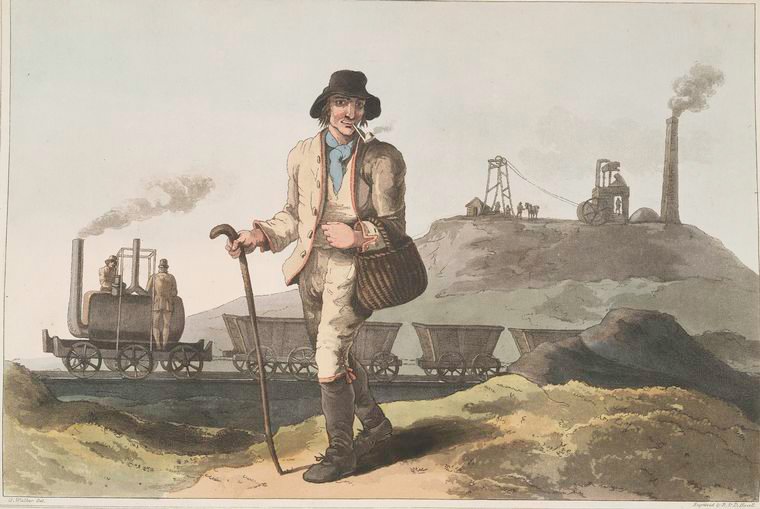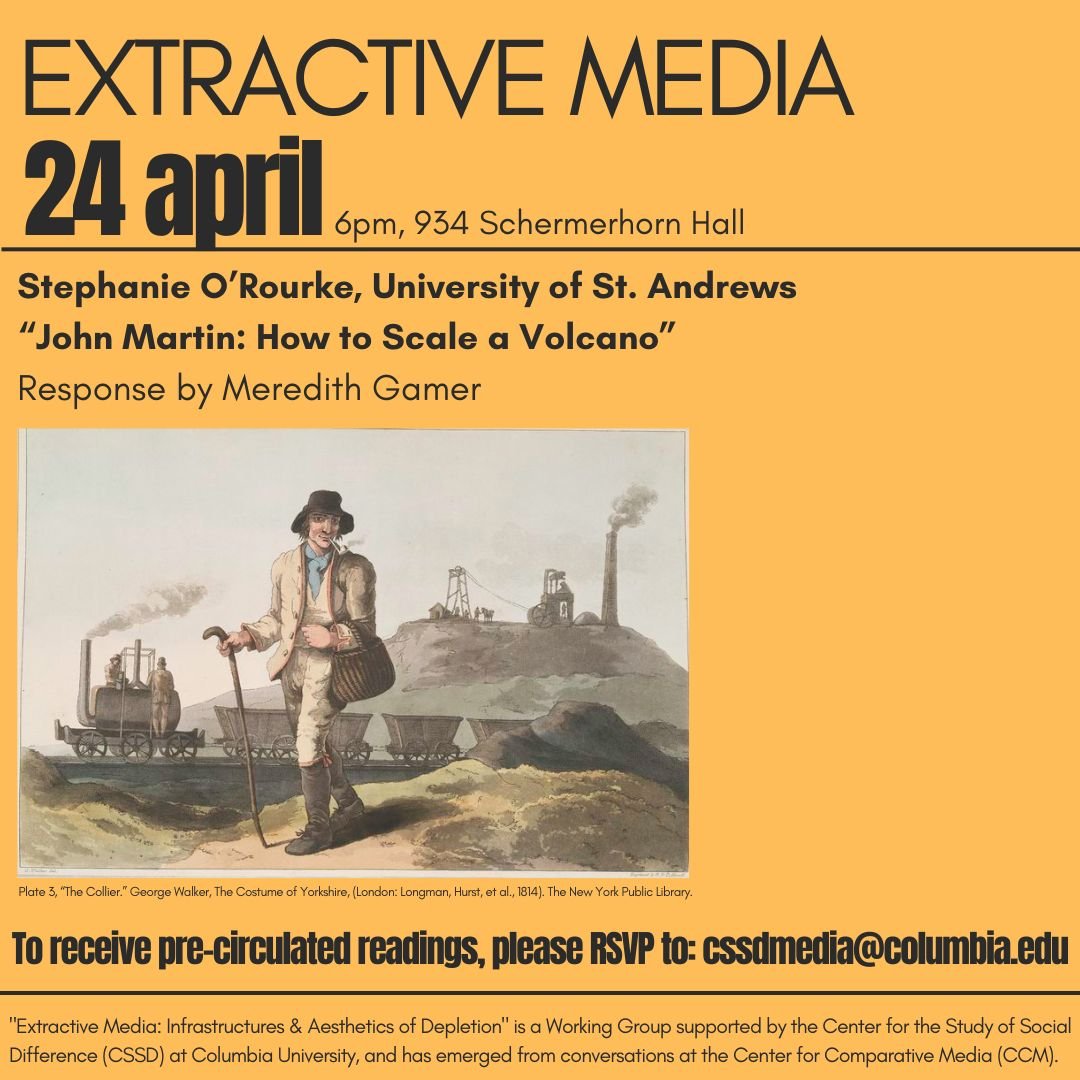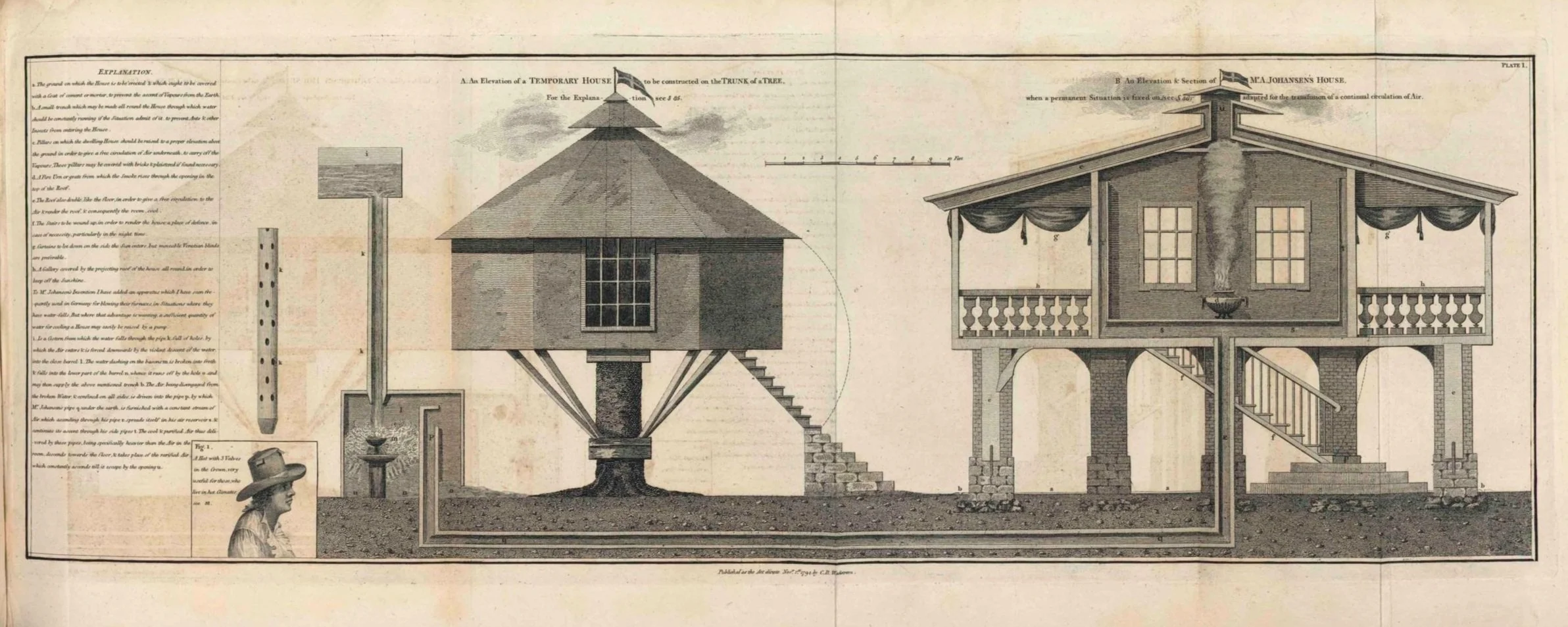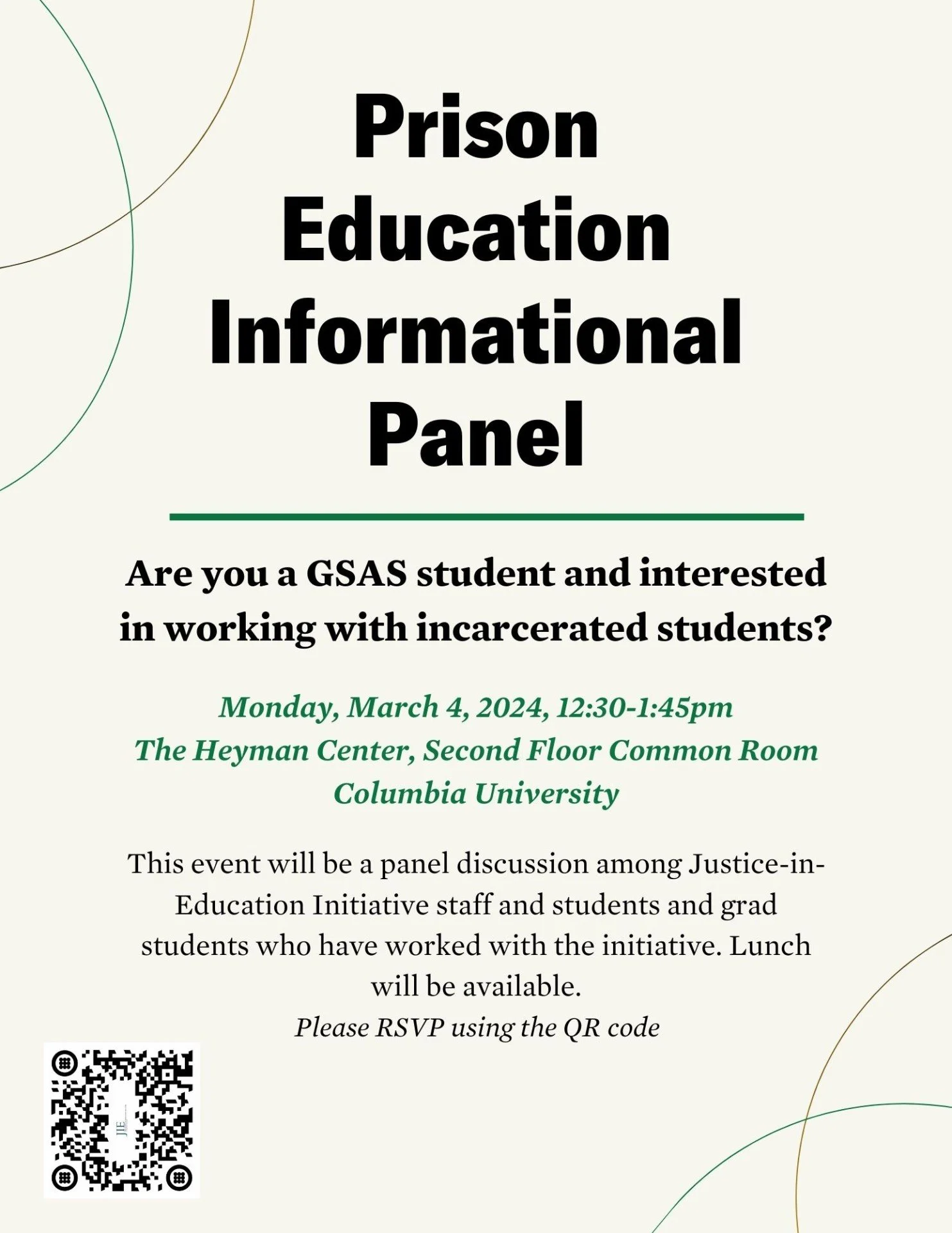
Dr. Karen O'Connell & the Gendering of "Stress"
On June 10, Dr. Karen O Connell from the University of Technology, Sydney, will join the Recovery Working Group and share her sabbatical research about the gendering of “stressˮ and how we use, or misuse, the concepts of stress and trauma to compensate women for gendered harms (especially sex discrimination and sexual harassment) or to render certain harms invisible.
Her initial reading shows that stress studies are grounded in assumptions about the inherent stress levels of various activities that donʼt match womenʼs lived experience. This work will also explore whether a compound concept such as “stressˮ can be used to encourage a more intersectional approach to harm in law.
More information on this event soon.

Iberian Seascapes
The Geographies of Injustice Working Group will be co-sponsoring and participating in the international conference, titled “Iberian Seascapes: Culture, Performance, and Resistance in Asia, Africa, and the Americas,” at the University of Lisbon on May 23-24, 2024.
Scholars from India, Portugal, Brazil, and the United States will gather for for this two-day conference to discuss themes of race, caste, law, sound, and cinema as it pertains to the "Luso-Hispanic Moment"

Camera South Asia II
The Extractive Media Working Group at CSSD will be co-sponsoring Camera South Asia II alongside the South Asia Institute as they return this year to host a conversation that takes an expansive view of South Asia and its diasporic geographies. Our renowned roster artists, curators, and scholars probe the relation between aesthetics and politics, migration and memory, be it in post-1990s India or the 19th century oceanic voyages of the subcontinent’s “old diaspora.” Camera South Asia seeks to balance a focus on the contemporary with a long view of the past and to unsettle easy ascriptions of identity or authenticity, be it for individuals or for images.
When: Saturday, April 27
1 PM - 6 PM EDT
Where: St Mary's Episcopal Church in Harlem
SCHEDULE
1-1.15pm: Introductions
ANOTHER LENS
Panel 1: 1.15 - 2.45 pm
Moderated by Rahaab Allana (Alkazi Foundation)
The panel draws upon the scholarship of a newly published reader titled Another Lens (ed. Rahaab Allana; published by Tulika and Westheavens), as part of a series called India Since the 90s. The book and this associated panel reframe lens-based practice in India through a fresh historical perspective. The panel hopes to narrate key aspects of the transformation and redefinition of photography in the 1990s – the decade marked by economic liberalization, globalization and the embedment of digital technology that revolutionized the media sphere. The contributors critically examine normative paradigms of image production, exhibition and circulation in the areas of documentary and fine art photography, journalism, cinema, contemporary arts and the archive. They also delineate new publics, emergent patterns of viewership, shifting modes of media consumption, and the diverse, technologically enabled creative trajectories that inscribe the postcolonial imaginary within the wider orbit of South Asian image cultures.
“‘Oh what a blow that phantom gave me!’”
Sheba Chhachhi (Artist, New Delhi) via ZOOM
“Camera Silence: Harmit Singh’s War”
Naeem Mohaiemen (Columbia University)
“Photography, Nation and Narration: Thinking between the 1950s and 1970s”
Diva Gujral (London School of Economics)
Tea: 2.45 - 3.00 pm
ACROSS OCEANS
Panel 2: 3.00 - 4.30 pm
Moderated by Debashree Mukherjee (MESAAS)
The contours of South Asia go far beyond territorial and national boundaries, or Cold War-era geopolitical divisions. South Asia extends into all the diasporic spaces made by workers, traders, teachers, and artists who moved out of the Indian subcontinent by choice or by necessity. This panel centers photographic histories of migration across the Indian and the Atlantic Oceans from the late 19th century to the present. Our speakers open up difficult histories of indentured labor in the Caribbean, forced displacement in the Chagos Archipelago, and diasporic photo-entrepreneurship on the Swahili coast to initiate an important conversation in the United States on the vexed and multiple trajectories of South Asian diasporic life. Through these papers, photography announces itself as simultaneously a form of biometric surveillance, aspirational self-making, and a multi-generational site of healing.
“Matter Out of Place”
Audrey Albert (Artist, Manchester)
“Looking for, Listening to ‘Crowds’ in the Capital Art Studio Collection (Zanzibar)”
Pamila Gupta (University of the Free State, South Africa)
“Renluka Maharaj’s Coolie Iconoclasm”
Natasha Bissonauth (York University)
Closing Remarks: 4.30PM
Further resources & links:
The recent declaration by the Barnard and Columbia Chapters of the American Association of University Professors (AAUP)
The demands for boycott from the Faculty and Staff for Justice in Palestine at Barnard and Columbia.
St Mary's Episcopal Church of Harlem is ten blocks from the Morningside (main) campus, and one block from the Manhattanville campus. They have a history of providing sanctuary for undocumented youth, LGBTQ youth, and opposing the gentrification of Harlem. The priest is Reverend Dr. Mary Foulke, an abolitionist. Here is an interview with her: “[W]e’ve asked you for help, and you gave us a raid.”

"John Martin: How to Scale a Volcano" with Professor Stephanie O'Rourke
Plate 3, “The Collier.” George Walker, The Costume of Yorkshire, (London: Longman, Hurst, et al., 1814). The New York Public Library.
The Extractive Media Working Group welcomes Professor Stephanie O’Rourke for an event, titled “John Martin: How to Scale a Volcano,” on April 24, 2024.
Attendance is limited to faculty and doctoral students.
When: Wednesday, April 24, 2024
6:15 PM
Where: 934 Schermerhorn Hall, CU
Bio: Stephanie O’Rourke is a senior lecturer in Art History at the University of St Andrews. Her current book Picturing Landscape in an Age of Extraction 1780-1850 will be published in 2025 by the University of Chicago Press. Her first book, Art, Science, and the Body in Early Romanticism (Cambridge UP 2021) was awarded the British Association for Romantic Studies book prize and was supported by fellowships including from the Leverhulme Trust and the Royal Society of Edinburgh. She completed her PhD in art history at Columbia University and holds a BA from Harvard University.
Event Abstract: To what extent did landscape supply a kind of pictorial infrastructure for managing the more dangerous circulations of industrial extraction in early 19th-century Britain? The desired in-flow of natural resources like timber, coal, and water to industrial centers coincided with the rapidly escalating out-flow of threatening substances like pyrotechnic energy, noxious gases, and sewage. The artist John Martin was at pains to manage these flows in both his engineering projects and the scalar keys produced for his large-scale spectacular paintings.
This paper looks first to widespread fears about coal mining explosions and later to the urban infrastructure of water and waste to reveal how British artists encountered an environment characterized by new crises in the transit of water and waste. I examine a range of pictorial and metapictorial techniques Martin developed for responding to this crisis, including an appeal to scale effects. In early and mid-nineteenth-century Britain, scale was becoming a significant tool for British imperial governance and was likewise used to conceptualize economic exchanges, energy systems, and other complex, sometimes invisible forms of relationality animating European industrial extraction.
[Nb. The paper is a draft chapter for a book manuscript that examines how European artists addressed the emergence of a new and essentially extractive way of treating and conceptualizing the natural world at the turn of the nineteenth century.]
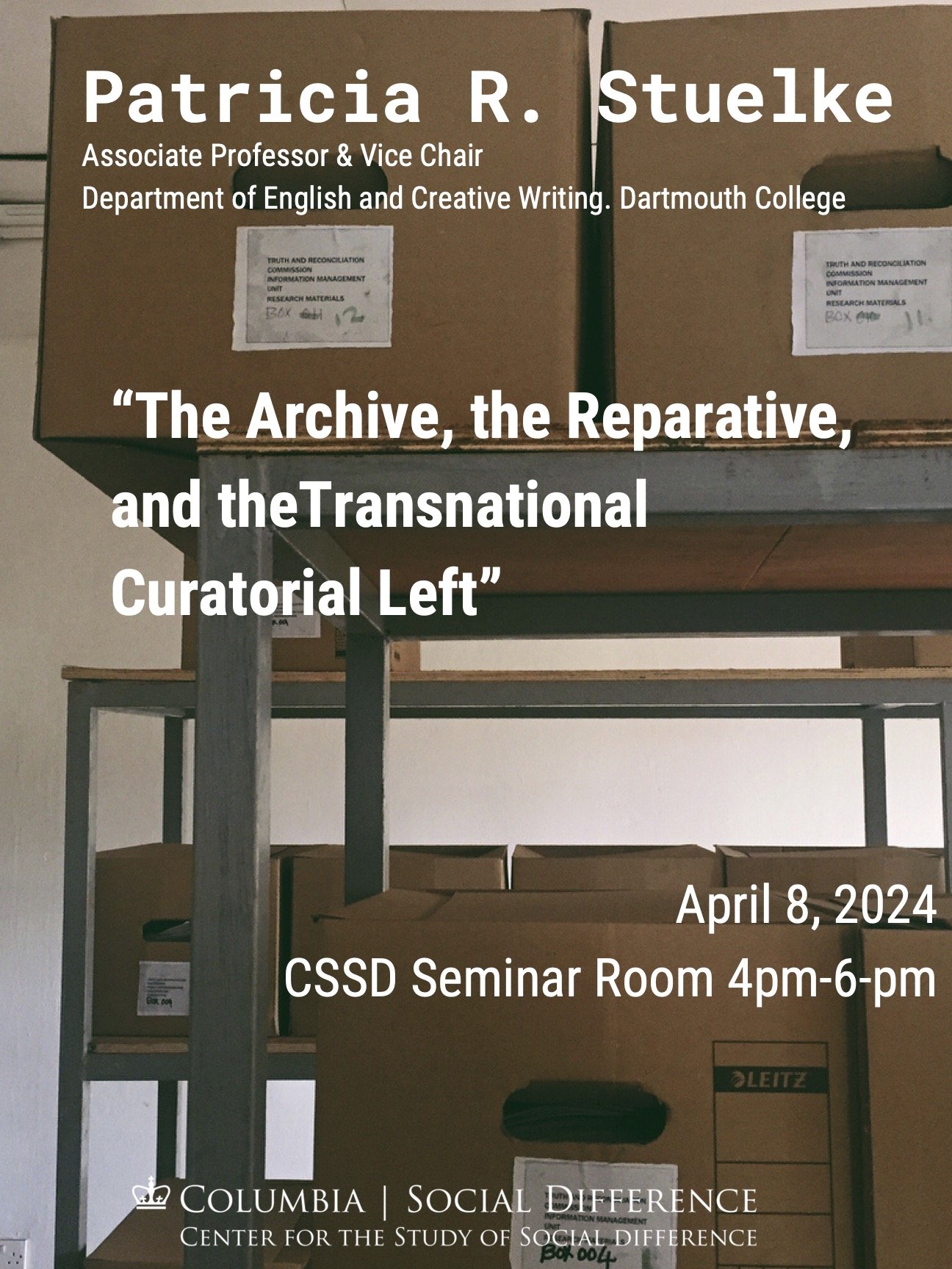
The Archive, the Reparative, and the Transnational Curatorial Left
The Recovery Working Group will be hosting Professor Patricia R. Stuelke, Associate Professor and Vice Chair of the Department of English and Creative Writing at Dartmouth College, on April 8, 2024 for a seminar titled “The Archive, the Reparative, and the Transnational Curatorial Left.”
When: April 8, 2024
4-6 PM
Where: CSSD Seminar Room
752 Schermerhorn Extension, CU
Attendance for this event is limited to Working Group members and invited guests.

Sensitive Subjects: Vulnerability, Care, and Chronic Illness
The Recovery Working Group welcomes Kalindi Vora, Professor of Ethnicity, Race, and Migration, and Women’s Gender and Sexuality Studies at Yale University, to discuss her new research project on autoimmunity as a way to get at chronicity, or the enduring conditions from which there is no recovery and which highlight the shortfalls of conventional medicine as a modality of care.
When: March 4, 2024
6-8 PM
Where: Schermerhorn Extension, Room 752
Description: This talk presents ethnographic evidence that attention to sensitivity, in both patients and health care providers, can amplify the valuable knowledge people with chronic illness have about health, care, and medicine that physicians may not.
Sensitivity is often equated with weakness in the United States. However, like the tiny lungs of the canary in the coal mine, which take on atmospheric gasses at many times the rate of humans, sensitivity can be a harbinger of what is to come for everyone else. The canary served as a warning of a toxic environment. Sensitive humans indicate what kind of social, environmental and medical conditions may eventually become unlivable for everyone else as well. Their knowledge can also include information for how to change our shared health environment for the better. Medicine, both conventional and alternative practices, is trying to keep up with unprecedented numbers of chronically ill patients. Many people are engaging in their own research and self-treatment and sharing their experience with communities online. In these practices online we see another side of the story of America’s shrinking state support for healthcare. We also see how the lure of ever-present internet advice, both information and misinformation, has changed our experiences of diagnosis and care.
This event is open to all Recovery Working Group Members and invited guests.

Seminar with Eleanor Johnson & Jonah Rowen
Plate 1, “The Colonial House,” from Carl Bernhard Wadström, An Essay on Colonization (1794)
The Extractive Media Working Group will be hosting scholars Eleanor Johnson and Jonah Rowen on March 4, 2024, to discuss their recent work.
When: 6 PM
March 4, 2024
Where: Schermerhorn Hall, Room 934, Columbia University
Followed by a Reception in the Stronach Center.
Speakers:
Eleanor Johnson is Associate Professor in the Department of English and Comparative Literature. Her first book, Practicing Literary Theory in the Middle Ages (Chicago, 2013), explored the relationship between aesthetic experience and ethical learning in medieval culture. Her second book, Staging Contemplation: Vernacular Theology in Middle English Prose, Verse, and Drama (Chicago, 2018), analyzed how literary works strove to embody a feeling of union with God for medieval audiences. Her third book, Waste and the Wasters (Chicago, 2023), examines medieval ecosystemic thought and suggests how thinking with medieval ecological theory might shed light on our own environmental crises, policies, and attitudes. She is currently completing a book on the history of feminist law, religion, and film in America in the 1970s, and writing another on the history of feminism and horror in western culture.
Jonah Rowen is an architectural historian whose work concerns the British Atlantic World during the late era of enslavement and abolition. Taking into account the labor and materials necessary for buildings' production, his research focuses on intersections between the aesthetic, technical, and economic dimensions of architecture, often through close analysis of drawings and other visual forms. He is developing a book project on nineteenth-century Anglo-Caribbean colonial exchanges and buildings design and production, figured as technologies of risk management and security.
Readings:
Introduction, chapters 1, 2, and 4 from Eleanor Johnson, Waste and Wasters (University of Chicago Press, 2023)
Rowen Abstract
From its inception in 1792, the Sierra Leone Company was a profit-generating venture. For the company's Evangelical abolitionist investors, the capacity to produce wealth constituted the measure of worth. Yet the profits they intended to harvest from the freed Black American migrants whom they sponsored to establish a colony on the Western African coast were not just for profit's sake. Rather, they would demonstrate free Black people's self-sufficiency: a living rebuttal to white British enslavers' fabrications of benevolent enslavement. The model city that the Company's directors envisioned required physical infrastructure, so on the town's founding, they loaded a ship with components for prefabricated buildings for the settlers to assemble, laying out plans for a gridded, “ordered” town.
The Sierra Leone Company was a coalition of entrepreneurs, philanthropists, and reformed enslavers united by anti-slavery and religious zealotry—proclaimed a three-pronged mission: Trade; Cultivation (including buildings); and Civilization. Britain’s first permanent African colony was to demonstrate the viability of an economically productive Black society, in territory shared with active slave traders and Indigenous African groups.
Under enslavement, productivity presupposed coercion, but gradual liberalization initiatives like abolition and adoption of wage labor incentives facilitated modes of extraction previously alien to African nodes in the British imperial apparatus. Consequent new forms of interaction and exchange transformed the Sierra Leonean landscape, physically, financially, and politically. To ensure profitability, these speculators and colonists sought security, and the means of construction they employed and configurations of space embodied that concept. By analyzing their architecture and its features for mitigating their concerns, this project draws out questions of who and what they perceived to pose threats. This future-oriented disposition aligned with the capital-intensive venture to establish this new colony: architecture’s durable presence signaled a projective, lasting engagement to cultivate territory and return its products to the metropole. By generating wealth through agriculture, the Black settlers would legitimate their standing as British subjects.

Prison Education Information Panel
The Prison Education and Social Justice Working Group will hold an informational panel on March 4th at The Heyman Center, introducing graduate students from across Arts & Sciences to the range of paid opportunities to teach in prison contexts and support justice-impacted students through Columbia’s Justice-in-Education (JIE) Initiative.
When: Monday, March 4, 2024
12:30-1:45 PM
Where: The Heyman Center, Second Floor Common Room
Organized by Kate Suffern, who is currently Program Manager at JIE, the panel discussion among former graduate instructors (Mia Florin-Sefton and Nick Ide), students (Taylor Rae Almonte and Jennifer Berry), and JIE staff (Ivan Calaff) will allow prospective instructors to gain insight into prison education from those with first-hand experience. This event will help students from Biology, Physics, Astronomy, English, History, and more understand the nature of prison education and how they can get involved during their graduate careers.

Film Screening: Naeem Mohaiemen's Jole Dobe Na (2020)
Still from Mohaiemen’s Jole Dobe Na (2020).
When: 3:30 PM
February 23, 2024
Where: Lifetime Screening Room (5th floor, Dodge Hall)
The Seeds of Diaspora Working Group is excited to announce that their February meeting, a screening of Naeem Mohaiemen's film Jole Dobe Na, is open to attendance by all CSSD affiliates!
Naeem will be in attendance for a discussion of the film after the screening, which will focus on its portrayal of plant life and feeling.
A description of the film is below:
Jole Dobe Na (Those Who Do Not Drown), 64 min, 2020
In an empty hospital in Kolkata, a man confronts protocols of blood samples, a subtly discriminatory office, regulations against bribery, and an abandoned operating theater. There are no doctors, signs of life, or residue of death. His mind is on a loop of the last weeks of his wife’s life, when a quiet argument developed between them. When is the end of medical care, whose life is it anyway? If what use is a science that can detect plant emotions, invent fingerprint technology, but fail to give dignity to the end of life.

Extraction Time
Saharan oil infrastructure, ca. 1954. Credit: Philippe de Broca.
When: 6 PM
January 25, 2024
Where: Schermerhorn 934, Columbia University
The first CSSD sponsored event to start the 2024 year, the Extractive Media working group will host Caltech Professor of Visual Culture Brian R. Jacobson on January 25th. Professor Jacobson will provide attendees with a conversation on his current work on energy, the environment, art, and film, titled “Extraction Time.”
Brian R. Jacobson is Professor of Visual Culture at the California Institute of Technology and director of the Caltech-Huntington Program in Visual Culture. He is the author of Studios Before the System: Architecture, Technology, and the Emergence of Cinematic Space (Columbia University Press, 2015) and The Cinema of Extractions (Columbia UP, forthcoming in 2024) and editor of In the Studio: Visual Creation and Its Material Environments (University of California Press, 2020), winner of the Society for Cinema and Media Studies award for Best Edited Collection and the Limina Prize for Best International Cinema Studies Book. He is currently finishing a new book, The Art of Oil in France: A Global History, 1944-1975.



